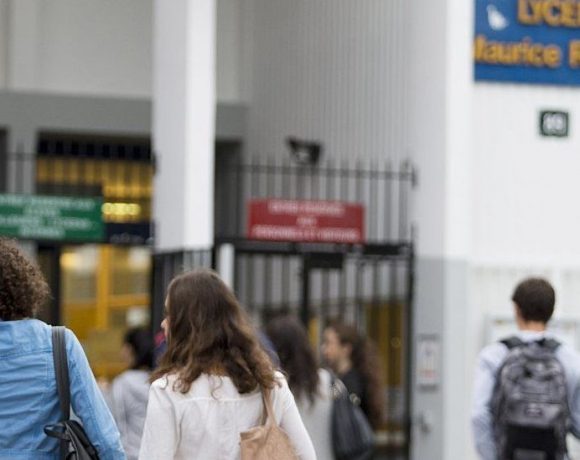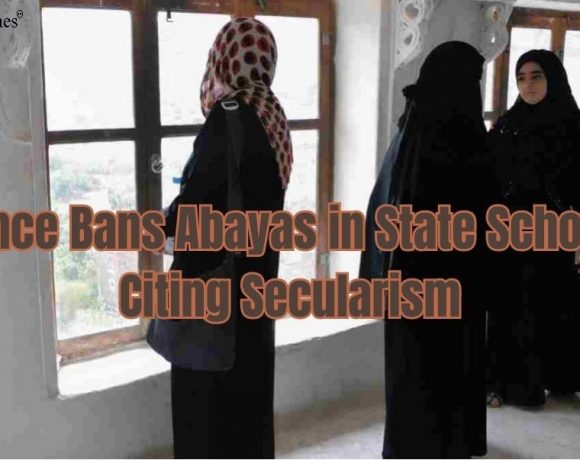
France is instituting a mobile security force to assist schools grappling with challenges, a move prompted by the resignation of a Paris school head amidst death threats. The headteacher stepped down after being falsely accused of assaulting a student during a dispute over her wearing of an Islamic headscarf. Education Minister Nicole Belloubet has emphasized that the establishment of this mobile force aims to provide reassurance to teachers and bolster security measures, particularly in the wake of heightened tensions following the tragic killings of two teachers.
The mobile school force, comprising approximately 20 education officers, will be deployed within 48 hours to schools facing acute crises, offering support in terms of security, reassurance, and educational expertise. This initiative comes in response to the need for immediate assistance in situations where local authorities require additional support to maintain order and safety within school premises. By swiftly mobilizing this team, the government aims to address concerns and provide tangible support to schools navigating challenging circumstances.
The recent incident involving a Paris school head underscores the complexities surrounding issues of cultural and religious diversity within the French education system. Despite the absence of evidence supporting the student’s accusations, the headteacher resigned due to safety concerns arising from subsequent threats. Politicians from across the political spectrum have condemned the situation, with Prime Minister Gabriel Attal announcing legal action against the student for making false allegations. This incident highlights the broader societal challenges faced by educators in upholding secular principles while fostering inclusivity and respect within schools.
Amidst a surge in threats conveyed through digital messaging systems, the education ministry has suspended the ENT system, used by teachers and students, due to a proliferation of threats. Over 320 threats have been reported nationwide, with authorities attributing the surge to hacked personal accounts. Several arrests have been made in connection with online threats, including individuals aged 17 and 21. Despite these challenges, efforts are underway to restore normalcy, with authorities hopeful that the digital messaging system will be reinstated after the spring break. These measures reflect a concerted effort to address the complex interplay of security, technology, and societal tensions within the French education landscape.
Picture Courtesy: Google/images are subject to copyright

